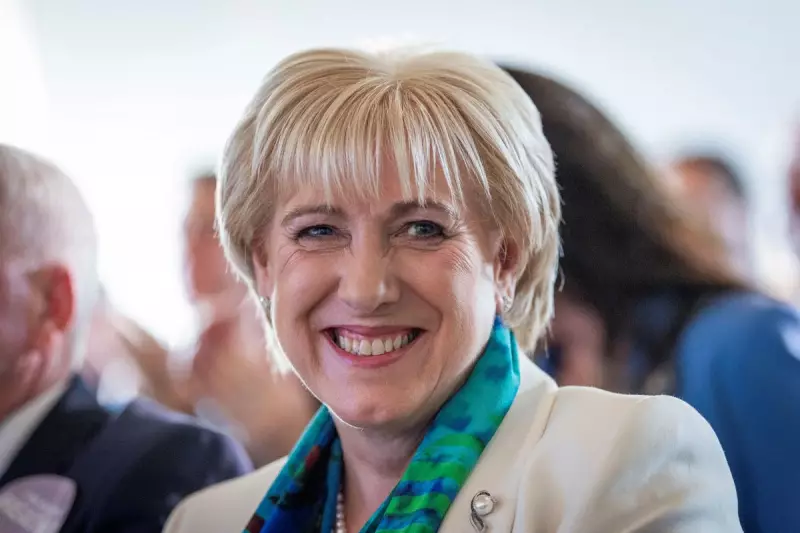
Irish President Michael D. Higgins has delivered a powerful and unprecedented condemnation of his own government's handling of the Gaza crisis, accusing the coalition of a "dreadful" departure from Ireland's longstanding principles of international justice.
In a striking intervention that has sent shockwaves through Irish political circles, the President criticised the government for allegedly prioritising European Union consensus over Ireland's traditional independent voice in foreign affairs.
A Breach of Tradition
President Higgins, speaking with remarkable candour, expressed his profound disappointment with the coalition's approach. "What the government has done is to change what was a principle of Irish foreign policy into a kind of ad hoc series of comments on events," he stated, highlighting what he perceives as a significant erosion of Ireland's diplomatic consistency.
The controversy centres on Ireland's position regarding the Israeli offensive in Gaza, with the President suggesting the government has failed to adequately address the humanitarian catastrophe unfolding in the region.
Political Reactions and Fallout
The President's comments have ignited a fierce political debate. Sinn Féin leader Mary Lou McDonald swiftly endorsed the President's assessment, declaring that the government "should be ashamed of themselves" for their stance on Gaza.
However, Fine Gael's Simon Harris, who recently assumed leadership, defended the government's position. He maintained that Ireland has been "consistent and clear" in calling for a sustainable ceasefire in Gaza while acknowledging Israel's right to defend itself following Hamas's October 7th attacks.
Constitutional Tensions
The President's unusually direct criticism raises questions about the traditional boundaries of his office. While the Irish presidency is largely ceremonial, President Higgins has frequently used his platform to comment on international affairs and human rights issues.
This intervention represents one of his most direct challenges to government policy, testing the conventional understanding of the presidential role in Irish politics.
International Implications
The controversy comes at a sensitive time for Ireland's international relations, particularly within the European Union where member states are navigating complex and divergent positions on the Middle East conflict.
President Higgins's comments suggest deep concerns about Ireland aligning too closely with EU consensus at the expense of its independent humanitarian foreign policy tradition.
As the debate continues, the government faces increasing pressure to reconcile its European commitments with what many see as Ireland's moral responsibility to champion human rights on the international stage.





